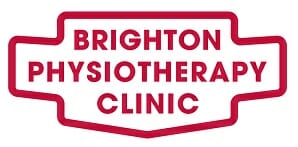Treatment for Fatigue
What is fatigue?
The health condition, where an individual experiences an overall feeling of tiredness and lack of energy, is known as fatigue. Although, it is commonly interchanged with drowsiness or feeling sleepy, they do not mean the same thing. When you are fatigued, you lose motivation and lack energy. Drowsiness may result from fatigue, but they do not mean the same thing.
Fatigue is commonly associated with many medical conditions, and can differ in severity, from mild to chronic. Also, fatigue can result from some lifestyle choices such as poor diet, inadequate sleep, and lack of exercise.
Causes of fatigue
Fatigue can be caused by a range of factors, and they can be classified into 3 broad categories, which include lifestyle, physical health issues, and mental health condition.


Treatment for fatigue
The treatment plan recommended by your doctor, will depend on the cause of your fatigue, and your symptoms. They include
- Medication: In most cases, fatigue is associated with depression. Treating depression can help cope with fatigue, and relief stress and often low doses of some antidepressants are used.
- Therapy: This involves a two-way approach that includes cognitive training and exercise programs.
- Cognitive training – A counselling session can help identify some limitations imposed by fatigue, and develop a way to curb them. Having better control over your life will improve your condition significantly.
- Exercise programs – A physical therapist will help you determine the type of exercise that’s best for your condition. Typically, in the case of prolonged inactivity, the individual starts with a range of subtle motion movement, before advancing to more intense physical activities.
- Other treatment methods include – Improved diet, better sleep and relaxation, drinking plenty of water,
